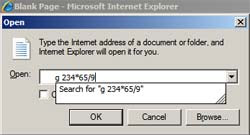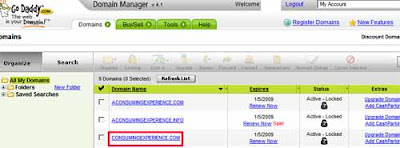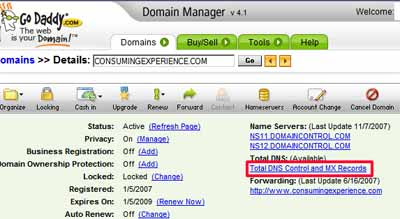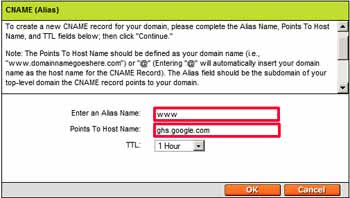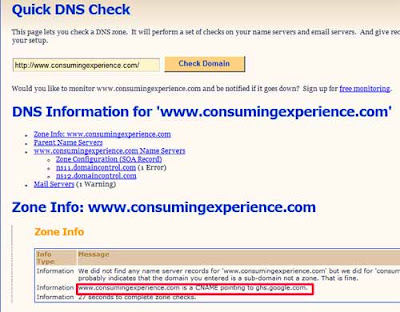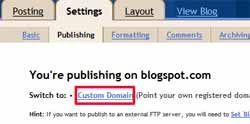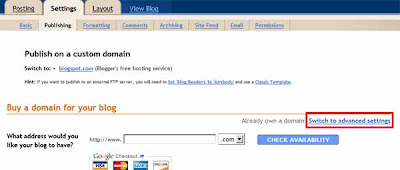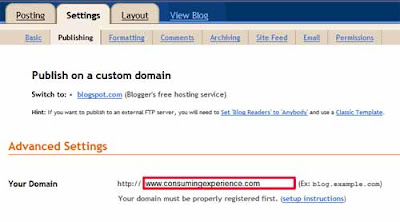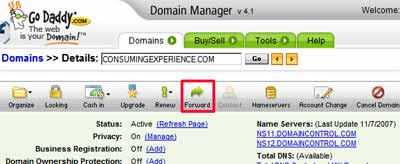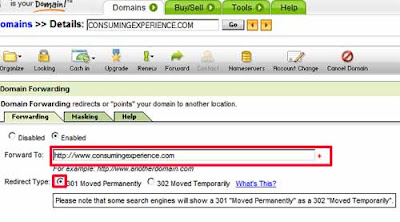A while back there was a fuss about
judges relying on Google searches for info related to their cases, rather than on expert courtroom testimony. Yet despite the hoohah about that, it seems the rot has spread. More people ought to be concerned about the fact that:
- Doctors are using Google to search for medical information, instead of using authoritative medical sources. And what's worse -
- They don't seem to be very good at it, at least in my experience!
Doctors using Google
I have a medical condition, genetic and not infectious. It's not life-threatening in me, luckily, as I inherited it from only one parent (if you get it from both you're pretty much snookered and will die before your 20's unless you have certain uncomfortable treatments which you're then stuck with for your entire life). And I shouldn't have kids with anyone who has it too. I don't want children, so that's not an issue.
However, I get tired and cold more easily than than most, and I will always have one mild symptom which I'm supposed to take stuff A for, because something in me is not the same as in ordinary healthy people. I have the right
quantity of it, but I suffer the mild symptom because the
quality of it is not normal. People who sneer at me or think I'm acting up or attention-seeking due to the measures I take to anticipate or prevent the tiredness and cold don't know about my condition, and frankly I'm not going to waste my time telling that sort of person.
My genetic condition was fully investigated when I was a child (as one of my parents has it). My parents consulted experts and even now keep nagging me to take the stuff I'm supposed to take to help alleviate the mild symptom.
Now I suffered a similar symptom in spades recently, due to a completely different health issue. Note that I said
similar, not the same. Superficially it
looks the same if you don't know I have the genetic condition and don't do fuller testing, and the end result is pretty much the same, but in fact the cause is slightly different.
Now the normal treatment for that symptom - taking stuff B, which is
different from the stuff A I was told to take as a child - is aimed at increasing the
quantity of the thing which I already have in sufficient quantity but is just not up to scratch in its
quality. That treatment therefore
doesn't assist someone with my genetic condition (increasing the quantity of something which is not right in its quality won't help), and in fact taking stuff B can be positively harmful to people like me if continued over time.
I went to see a GP (general practitioner, family doctor type for the non-Brits) about the
other health issue I'd developed recently, because it just wouldn't go away even after some months. Now in order to alleviate the similar symptom the GP told me to take stuff B, which would certainly have helped someone who'd got the symptom from other causes and didn't have my genetic condition. But, as I said, I'd been positively told not to take that.
So I queried it with the GP, explained my genetic condition, and asked: are you absolutely sure I should be taking this stuff B?
The GP said they'd investigate and consult with their colleagues and get back to me. Get back to me a few weeks later they conscientiously did, but cue shock to the system number one.
What did they say? "I can't find anything about that on Google. So I'll ask my colleagues". Yes you heard that right,
Google.
And that was the last I heard from them. They never got back to me ever again.
So much for asking their colleagues and reverting.
Now no one expects GPs to be experts in everything. After all, they're "general practitioners", family doctors, they wouldn't be able to know everything. But they should at least know the right sources to consult if and when they come across something they aren't familiar with.
Aren't there official medical databases, even books or manuals, which might be a tad more reliable than some random website that Google has picked? What happened to checking specialist medical databases or medical texts? Asking other doctors? And why couldn't they have asked their colleagues at least at the same time as doing a search on Google? They did have a a few weeks to do that in.
That was the first thing that worried me.
Doctors need training in using search engines and assessing the value of the results!
Here's the second worry.
Doctors, or at least that particular doctor, really aren't very good at finding information on the internet.
I tried searching about my condition on Google myself, doing two slightly different word searches. Both times, I found more than one webpage on the first or second page of the search results (including on
Wikipedia), which not only described my condition but also confirmed that taking that particular stuff B that the GP had originally suggested wouldn't help that condition. True, they didn't say anything about taking stuff A, but at least they'd flagged that I shouldn't take, or at least didn't need to take, what my doctor had suggested.
Whereas my doctor said they'd found
nothing about it on Google. They probably hadn't even spelled the name of the condition correctly. I wouldn't be at all surprised.
If medical professionals are going to use Google,
Yahoo or other search engines for research in the course of their work, they at least need to know how to use them properly.
And even more importantly, surely they should be trained in how to evaluate the results - can a particular Webpage turned up by Google be trusted, is it authoritative, is it accurate, is it by someone who knows what they're doing or just some unknown person sounding off about a disease, condition or medicine or drug online, perhaps just to bring in ad money for their Website?
What should be happening? Professional ethics or even laws!
Now professionals who ought to know better have been turning to Google instead of official sources because of its simplicity, power and ease of use. I even found a University College academic paper based on research users, "
‘I’ll just Google it!’: Should lawyers’ perceptions of Google inform the design of electronic legal resources?", on how the way people use Google and why they like it could help improve the design of electronic legal resources like
LexisNexis.
But legal, health and other professionals need training on using the Net properly, and they need to remember to always use their informed critical judgement when assessing the search results. An
American Bar Association paper on "
Judicial ethics and the internet: may judges search the Internet in evaluating and deciding a case?" outlines the history of judges using the Internet as a research tool, concerns raised by that increasing practice (including fairness to the parties), and a proposed revision to the
ABA's Model Code of Judicial Conduct (which was
supported by the Association of the Bar of the City of New York Committee on Professional and Judicial Ethics and Committee on Government Ethics). This would at least make judges use the Internet with more care:
"judicial searching and citing of Internet materials raises concerns of accuracy, fairness, and permanency. Judges should
exercise caution in accessing factual information on the Internet, taking care not to let questionable Web site materials improperly influence case outcomes. Those bodies charged with making and applying state judicial rules should assess the need for clearer rules... a judge who intends to rely on materials obtained by searching the Internet must first inform the parties of the substance of the materials, and then offer the parties an opportunity to respond. Thus, before a decision is rendered, litigants would be aware of the Internet information and be able to contest its accuracy and relevancy."
For whatever reason, this proposed Judicial Canon still doesn't seem to have been finalised or officially released - at least, it was
discussed as still a proposed Model Rule 2.10(B) at an ABA meeting in 2006 (
original link).
Personally, I think that lawyers and indeed lawmakers in
all countries should get their fingers out and make this sort of thing a law or rule which all lawyers and other professionals simply have to follow. Or risk being banned, disbarred or losing their licences to practice.
And furthermore, medical boards, ethics boards and the like should be issuing the same rule for doctors and other medical professionals.
And all of the official bodies should police it carefully.
Otherwise - well, do you really want a judge to make a ruling which could affect your life, or your doctor or nurse to diagnose your medical condition or prescribe drugs for you, based on some haphazard searches they perform on the Internet?
Tags:
search, searching, search engines, information seeking, lawyers, doctors, nurses, medical professionals, professionals, legal professionals, research, diagnosis, ethics, Improbulus, A Consuming ExperienceLabels: doctors, Google, internet, lawyers, technology
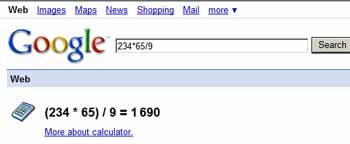 Did you know Google's search page includes an online calculator & converter? One of my very IT literate friends didn't know this trick, so I thought I'd post this tip.
Did you know Google's search page includes an online calculator & converter? One of my very IT literate friends didn't know this trick, so I thought I'd post this tip.
